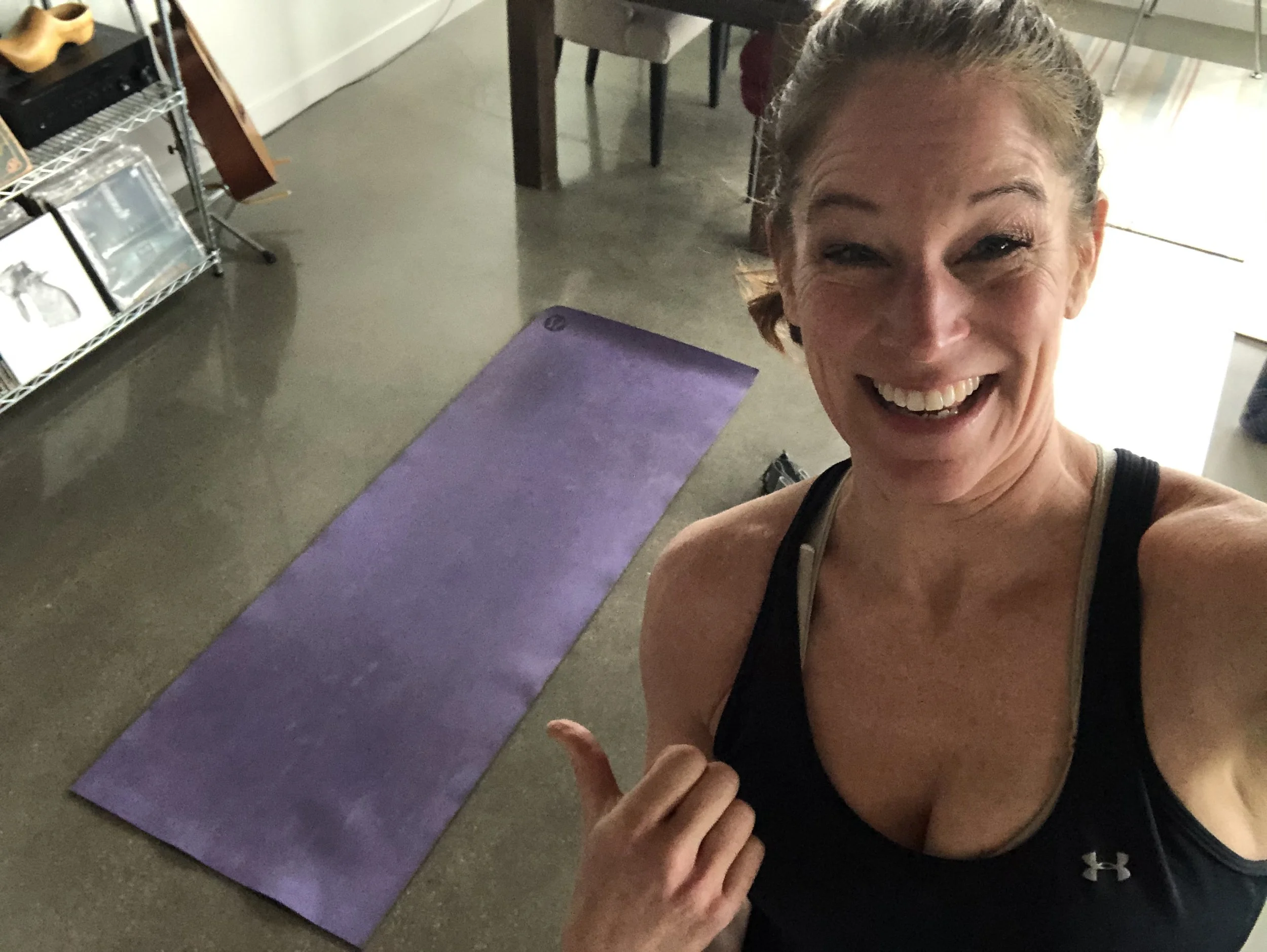Your daily occupations
The results of the largest study on a four-day workweek revealed a whooping 92% of UK businesses will continue shorter weeks. Work is essential to quality of life and 2,900 workers reported on their personal outcomes after the 6-month trial period.
There are essential components to everyday activities or there are unique components that give life meaning and purpose. The latter involves components that are occupation factors. Those are what you need in order for you (and possibly your family, friends) to routinely function every day.
Work, rest and sleep, leisure, play, social, and health management are all occupations. How and what you choose to put together to do one of those are the occupation factors. They are meaningfully unique to what you need and want in order to participate and engage.
A solid foundation of occupation factors
What may seem like a “spur of the moment” tendency is action with groundwork laid out several hours (or more) in advance. Research suggests action tendencies connect thoughts, feelings, behaviors, perceptions, physiological processes, and movement patterns in an elegant, individualistic symphony of meaning and purpose.
Identify an occupation that’s a priority to you. Your capability level is evidence and information to work with. What factors do you know? What do you need to know, right now? What can you do? What can you do, consistently? Occupation factors are multi-dimensional, central to both identity and to a sense of competence.
Then set an objective outcome. Every outcome (desired or not) gives you important information whether your ideas and methods work. Get a clear path forward that gives you the feeling you’re in charge. What’s the smallest simplest version of a factor you might try?







